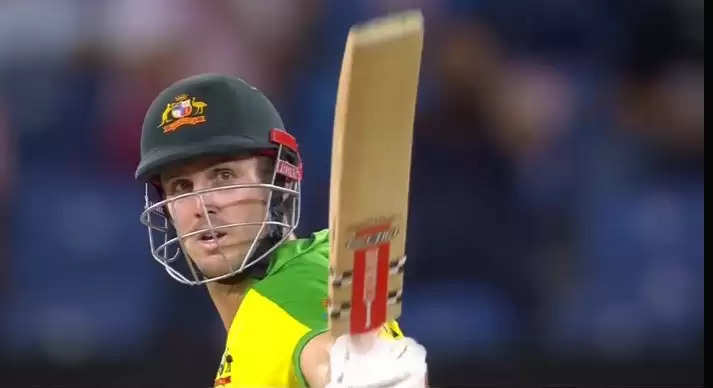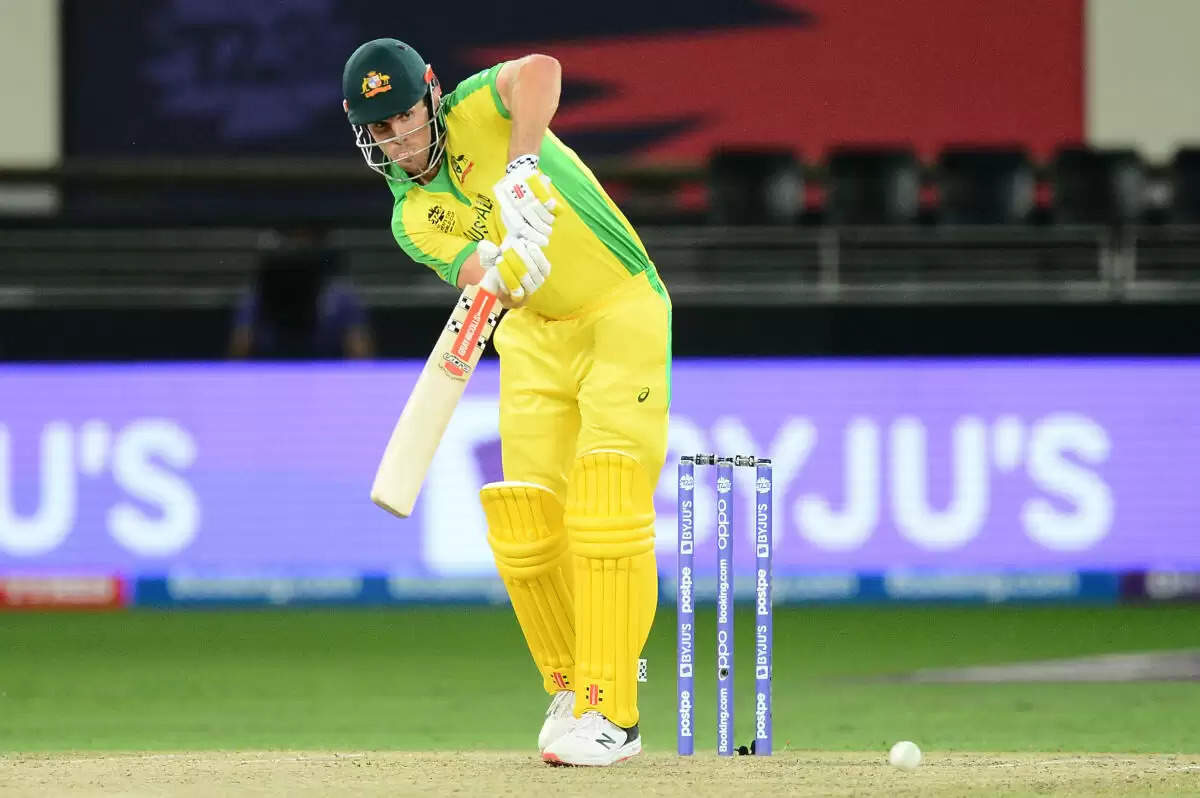Maybe Australia would fall in love with Mitchell Marsh now

It wasn’t so common for Mitchell Marsh to accept that the outside noise is getting to him.
Usually, cricketers wear a thick-skin persona, face the toughest of questions in the media with a straight face, respond to them with cliches and get on with their job.
They build a sense of detachment and disapproval of what the world has to say for most of their work. You fail more days in cricket than you succeed, and so mostly it’s in the negative and the last thing you want walking up to the playing arena is the word of the naysayer crept into your head.

Marsh, though, didn’t think along those lines when he said what he did. “Yeah, most of Australia hate me,” he had said back at the Ashes 2019, revealing honestly that the feel and the narrative around him isn’t lost on the allrounder.
It followed a grin and a laugh, and a generic comment that Australian public love their heroes but do let them know their disappointment when they’ve felt let down. Yet, when Marsh said most of his own country “hate” him, it was telling.

Mitchell Marsh proves to be Australia’s unlikely T20 World Cup hero. (pic: Twitter)
Sporting crowds can be cruel, in Australia more so. It’s cultural. Partly about the expectations that Australian teams of the past have set for the teams that have followed and the players they include. The Australian cricketer of today is having to try and live up to the standards that someone else had set for him. It’s often unfair but such is the world we live in.
For a while now, Mitchell Marsh looked like crumbling under that pressure. He has always been a promising, talented allround cricketer, who had his moments under the sun. But his overall record suggested a failure more than a success, even budgeting for the injuries that have taken a toll on him.
He had made two Ashes hundreds but his Test average stands at 25.20. He was part of the 2015 World Cup win and strikes at 90.52 in ODIs, but while averaging 33.44. His career strike-rate in T20Is is only 125. That, while never being a four or a ten-over bank for his team. He has a Test five-fer to his name but a bowling average of 38.64.
So to “win them over”, he needed to do something special.
Mitchell Marsh goes from hated allrounder to Australia’s T20 World Cup hero
Normally, when you’ve failed for long, opportunities to stand resurrected as a cricketer don’t arrive at your doorsteps easily. You have to earn them or hope against hope that the trust bank around you isn’t running in the deficit. When Mitchell Marsh could’ve easily lost his relevance to Australian cricket, he got a lifeline. Led by Justin Langer, the Australian think-tank asked him to bat No.3 instead of Steve Smith in the T20I side.
“The coaching staff came up to me in the West Indies about six months ago and said I was going to bat three for this tournament and series – and I absolutely jumped at the idea of that.”
Jumped at it he did. The move to No.3 was a game-changer. Not only for the player but the Australian team. It allowed Australia to play more of an even spread of aggressors in their line-up and made sure that someone as influential and pivotal their cause as David Warner is able to play his natural game.
Warner’s powerhitting game has been on the wane. Specifically, it’s the frequency of boundaries he hits. Warner can still go big when he needs to but doesn’t explode at will like he once did. It happens with time and age. But he is still a batter of great significance to Australia and they had to find a way to get the best out of him, which is what Marsh’s promotion laid a foundation for.
In playing the aggressor’s role to perfection, Marsh helped Warner avert that high-risk stroke at his end and let him wait before he could unleash his wrath on the opposition spinners. Against both Pakistan and New Zealand in the semi-finals, despite Australia chasing over 170, Warner held his calm at the top and then went after their spinners, all four of whom, importantly, turned the ball into him.
In giving Warner that sense of cushion and allowing him to stay there longer at the crease, Marsh himself benefitted. It meant he didn’t have to do the heavy loading against spinners and could target the pacers, more of his positive match-ups. Marsh had, by the words of his own teammates, worked extremely hard at his spin game in the build up to the World Cup. But it was still a weaker suit he had to manage his game and productivity around. Cricviz had a telling stat to offer on this front while the Warner-Marsh duo was in its element in the T20 World Cup final against New Zealand in Dubai.
Average Batting Impact at this #T20WorldCup
Marsh vs Pace: +9.3
Marsh vs Spin: -3.5Warner vs Pace: +0.8
Warner vs Spin: +14.2A tricky bowling combination for #NewZealand to bowl at. #T20WorldCupFinal #NZvAUS
— The CricViz Analyst (@cricvizanalyst) November 14, 2021
Mitchell Marsh had a strike-rate of 154 for his 50-ball 77, which allowed Warner to retain his control for a 38-ball 53 at a shade over 139. This was on display even in the game against West Indies in the Super 12s. In a must-win (and win big) encounter, Warner and Marsh added 124 off 75 for the second wicket and took Australia home with more than four overs left. Partnership batting at its best.
Marsh’s surge at No.3 wasn’t expected to bear such fruits for Australia. He was the stand-out batter in successive 4-1 losses to West Indies and Bangladesh. But when the 30-year-old struggled his way to a 17-ball 11 in the close game against South Africa and Steve Smith made a watchful 35 to take Australia through in the opening game, it was felt that the days of the ‘experiment’ could be shortlived. But Langer and company stuck to their plan, gave Marsh the confidence and assurity he needs, and the player lived upto it.
His 185 runs for this tournament came at an average of 61.66 and strike-rate of 146.82. Only three Aussie players made over 100 runs for the competition. Marsh’s strike-rate and average were the best out of them. In a T20 World Cup, played in the most alien conditions to his game, he scored more runs per innings and per over than he had in his entire career before this.
Exorcising the ghosts of the past, Marsh showed a remarkable temperament and ability to fight out the odds. When he could’ve lost his relevance, he emerged as Australia’s unlikely hero. His unexpected rise has given Australian men their maiden T20 World Cup crown, a revival for the ages.
Maybe, the country would look at his tale differently now. Maybe, it’s the moment he has won them over. Maybe, the excessive hate is erased. Maybe, just maybe, Australia would fall in love with Mitchell Marsh now.

